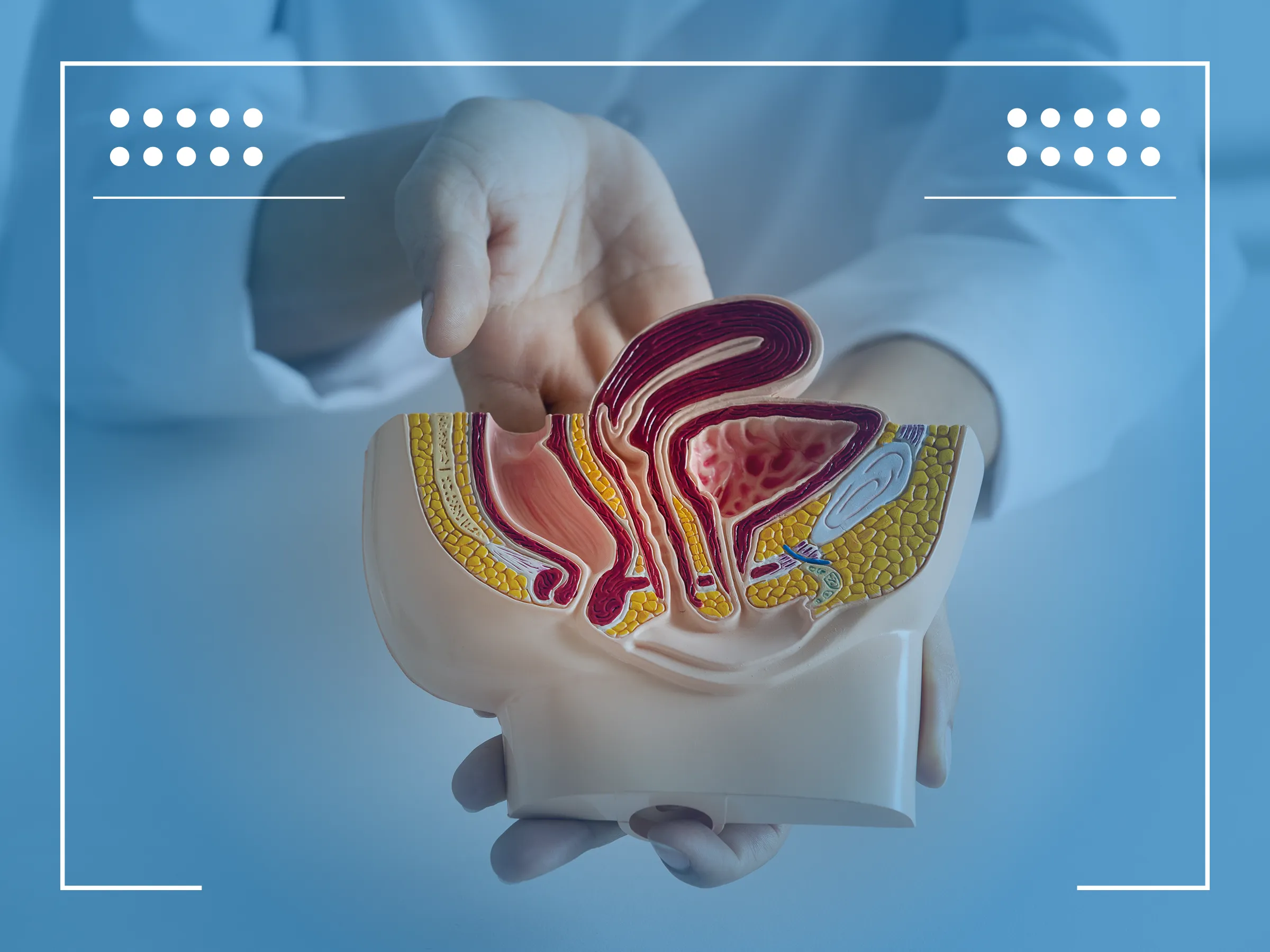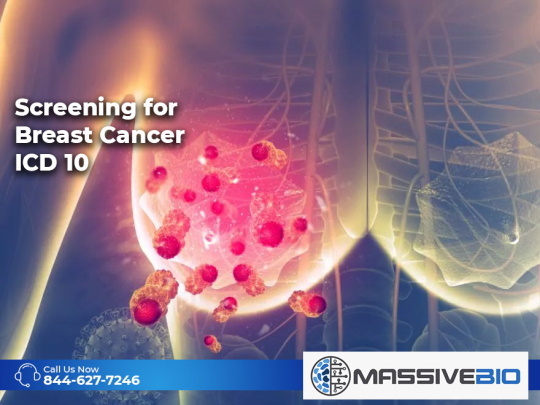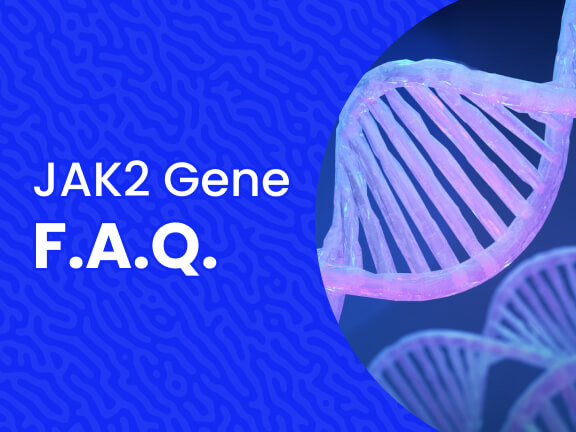Liver cancer diagnosis, prognosis, and treatment represent critical aspects of managing this serious disease. The diagnosis of liver cancer typically begins with a combination of blood tests, imaging studies like MRI or CT scans, and sometimes a biopsy to confirm the presence of cancerous cells.
Liver cancer diagnosis, prognosis, and treatment also involve considering the patient’s overall health and the liver’s function. For advanced stages of liver cancer, where surgical options might be limited, treatments such as targeted therapy, immunotherapy, and chemotherapy play a crucial role.
Targeted therapies focus on specific genes, proteins, or the tissue environment that contributes to cancer growth and survival, offering a more personalized treatment approach. Immunotherapy helps to boost or restore the immune system’s ability to fight cancer. Additionally, palliative care, which focuses on providing relief from the symptoms and stress of the illness, is an important aspect of the treatment process, especially for those with advanced disease. The goal is to improve quality of life for both the patient and the family. This multidisciplinary approach to liver cancer treatment underscores the complexity and the need for personalized care in managing this challenging disease.
What is Liver Cancer?
Liver cancer, also known as hepatocellular carcinoma (HCC), is a type of cancer that originates in the liver cells. It is one of the leading causes of cancer-related deaths globally, and its prevalence is often linked to chronic liver diseases such as cirrhosis caused by hepatitis B or C infection, excessive alcohol consumption, or fatty liver disease.
The liver cancer survival rate varies significantly depending on the stage at diagnosis and underlying liver health. Early detection of hepatocellular carcinoma often leads to a more favorable liver cancer prognosis, as treatment options are more effective in the initial stages. However, in advanced cases such as stage 4 liver cancer, the liver cancer prognosis becomes more challenging, with reduced survival rates. This stage typically indicates that cancer has spread beyond the liver, complicating treatment efforts.
Stages of Liver Cancer
Liver cancer is classified into four main stages, from early-stage localized tumors to advanced-stage cancers that have spread to distant organs. The stages are as follows:
Stage 0 (Carcinoma in situ): At this stage, the cancer is limited to a small area of the liver and has not invaded nearby blood vessels or spread to other parts of the body.
Stage 1 (Early-stage): The tumor has grown larger but remains confined to the liver and has not invaded nearby blood vessels.
Stage 2 (Locally advanced): At this stage, the tumor may have invaded nearby blood vessels or adjacent organs, but it has not spread to distant sites.
Stage 3 (Advanced-stage): The cancer has spread extensively to nearby lymph nodes or other organs adjacent to the liver.
Stage 4 (Metastatic): In the most advanced stage, the cancer has spread to distant organs, such as the lungs or bones, making treatment more challenging.
The liver cancer prognosis significantly depends on the liver cancer stages at the time of diagnosis. The cure rate for liver cancer is generally higher in the earlier cancer stages, as treatment options such as surgery or localized therapies can be more effective. In Stage 0 or Carcinoma in situ, where the cancer is confined to a small area, the cure rate for liver cancer is the most optimistic. As the cancer stages progress, the complexity and difficulty of treatment increase, thereby impacting the liver cancer prognosis negatively. In the later liver cancer stages, especially Stage 4 or Metastatic stage, the cancer’s spread to distant organs greatly lowers the cure rate for liver cancer. Understanding these stages is crucial for clinicians and patients alike in managing expectations, choosing appropriate treatments, and improving the overall liver cancer prognosis.
Diagnosis of Liver Cancer
Early diagnosis is crucial for better treatment outcomes in liver cancer. The following diagnostic procedures are commonly used to detect and stage liver cancer:
1. Imaging tests: Techniques such as ultrasound, computed tomography (CT) scan, magnetic resonance imaging (MRI), and angiography are used to visualize the liver and identify the presence, size, and location of tumors.
2. Biopsy: A liver biopsy involves removing a small tissue sample from the liver for examination under a microscope. This procedure helps confirm the presence of cancer and determines the type and stage of the disease.
3. Blood tests: Blood tests, including alpha-fetoprotein (AFP) levels, liver function tests, and viral hepatitis markers, can provide additional information about the liver’s health and the presence of cancer.
Advanced imaging tests play a crucial role in staging the cancer, helping to determine if and how far it has spread within the liver or to other parts of the body. For example, enhanced CT scans or MRI can reveal minute details about the tumor’s size and location, critical for planning treatment strategies. Additionally, specific blood tests are invaluable in monitoring liver function and detecting tumor markers, which can aid in both diagnosis and tracking the effectiveness of treatment. These combined diagnostic tools, including imaging tests, biopsy, and blood tests, are essential in forming a comprehensive understanding of the patient’s condition, crucial for a successful treatment plan.
Prognosis of Liver Cancer
The prognosis of liver cancer varies depending on the stage at which it is diagnosed and the overall health of the patient. Generally, the earlier the cancer is detected and treated, the better the prognosis. The five-year survival rates for liver cancer are as follows:
- Stage 0: Approximately 70-90% survival rate.
- Stage 1: Around 50-70% survival rate.
- Stage 2: Approximately 20-50% survival rate.
- Stage 3: About 10-20% survival rate.
- Stage 4: Less than 5% survival rate.
It’s important to note that these survival rates are estimates and can vary depending on individual factors.
The cure rate for liver cancer is closely linked to the liver cancer stages at the time of diagnosis. As the cancer stages progress, the complexity of the disease increases, which often correlates with a decline in the cure rate for liver cancer. The Barcelona Clinic Liver Cancer (BCLC) staging system is widely used to guide the treatment of liver cancer, as it considers factors such as tumor size, liver function, physical condition of the patient, and cancer-related symptoms. This staging system helps in tailoring treatment options to individual patient needs, potentially improving the cure rate for liver cancer in various cancer stages.
Treatment Options for Liver Cancer
The choice of treatment for liver cancer depends on the stage of the disease, the patient’s overall health, and the presence of underlying liver conditions. Treatment options include:
- Surgery: Surgical resection involves removing the tumor and surrounding healthy tissue. In some cases, liver transplantation may be an option for eligible patients with early-stage tumors and a healthy donor liver.
- Ablation therapy: This procedure involves destroying cancerous tissue using techniques like radiofrequency ablation (RFA), microwave ablation (MWA), or cryoablation.
- Transarterial chemoembolization (TACE): This treatment delivers chemotherapy drugs directly to the tumor while blocking its blood supply.
- Targeted therapy: Targeted drugs are designed to inhibit specific molecules involved in cancer growth and progression.
- Immunotherapy: These drugs stimulate the immune system to recognize and attack cancer cells.
- Palliative care: For advanced-stage liver cancer, palliative care focuses on symptom management and improving the patient’s quality of life.
Conclusion
Liver cancer is a serious condition that requires prompt diagnosis and appropriate treatment. Understanding the stages of liver cancer, along with the available diagnostic tools, prognosis, and treatment options, is crucial for ensuring the best possible outcomes for patients. If you suspect any liver-related symptoms or risk factors, consult a healthcare professional promptly to initiate the necessary tests and treatment. Early detection and intervention can significantly improve the chances of successful treatment and a better quality of life.
Ensuring that the liver is working effectively is a key aspect of managing primary liver cancer. The clinic liver cancer BCLC (Barcelona Clinic Liver Cancer) staging system plays a vital role in guiding the treatment plan, as it takes into account not only the cancer’s extent but also the liver’s functionality and the patient’s overall health status.












